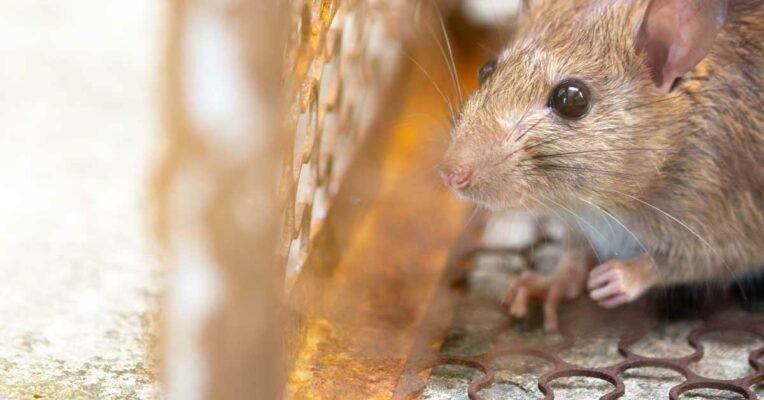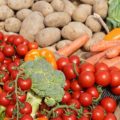It’s the rainy season once again and it’s the time of the year when infections come to a rise. Infections can either be viral or ordinary and there are 5 diseases during this season that we should watch out for and avoid.
Common Colds and Flu
The extreme temperature swings that occur during the rainy season make the body vulnerable to bacterial and viral infection, resulting in colds and flu. The most prevalent type of viral infection is this one. As a result, in order to protect the body, one should eat meals that are abundant in nutrients and improve one’s immunity. By creating antibodies against the released poisons, the body can combat pathogens.

Dengue Fever
Dengue fever is a severe and potentially fatal disease. Although the dengue virus causes the sickness, the mosquito is the carrier, so keeping the body covered from any type of mosquito bite can ensure safety.
The simplest and most fundamental method in preventing dengue fever is to clean your house. Stagnant water is the ideal breeding site for mosquitos. As a result, don’t forget to clean any pots or containers where water may collect.
Hepatitis A
Contaminated food and water induce this infection, which primarily affects the liver. Fever, vomiting, rash, and other Hepatitis A symptoms are prevalent. This disorder can be avoided by practicing good hygiene.
Despite the fact that many people, particularly youngsters, have no symptoms, they can still spread the infection. Furthermore, up to two weeks before symptoms develop, a person can transmit the hepatitis A virus to others.
Leptospirosis
Leptospirosis is a bacterial infection transmitted to humans through animals. It is spread via urine, particularly by dogs, rodents, and agricultural animals. Leptospirosis is usually unpleasant but not life-threatening, similar to the flu. It usually only lasts a week.

Because leptospirosis can enter the body through other openings, it’s also a good idea to avoid freshwater activities like swimming, waterskiing, sailing, or fishing. Saltwater is generally considered to be safe.
Diarrhea
Diarrhea can cause rapid fluid loss, putting you at risk of dehydration. If you don’t get treatment for diarrhea, it might lead to serious complications.
Washing the kitchen and food preparation areas more frequently will help you avoid getting diarrhea from food poisoning.
Getting Prepared for the Rainy Season
The Department of Health (DOH) has recommended that the public start preparing now for the beginning of illnesses linked to the next rainy season in June.
Although there is considerable controversy about it, practice shows that vitamin C can help prevent and treat colds. You should take vitamins all year, but this is the time to be very diligent.
Colds and the flu are easier to deal with if you stay hydrated. Water, of course, aids in the removal of germs and bacteria from the body.
Freshly cooked fish balls, squid balls, kwek-kwek, and kikiam are especially appealing during the rainy season, but it’s time to bid them farewell for the time being. Anything cooked outside in the open air is likely to be contaminated with airborne and waterborne illnesses.

Don’t miss any of our informative health articles — subscribe to our newsletter now! Follow Top Medical Magazine on Facebook, Instagram, and LinkedIn to stay updated, too!
References:
- 5 Ways To Avoid Getting Sick During The Rainy Months
- Common Monsoon Diseases Prevention Tips
- PREPARE FOR THE RAINY SEASON – DOH
- Causes of Diarrhea and Tips for Prevention
- What Is Leptospirosis?



